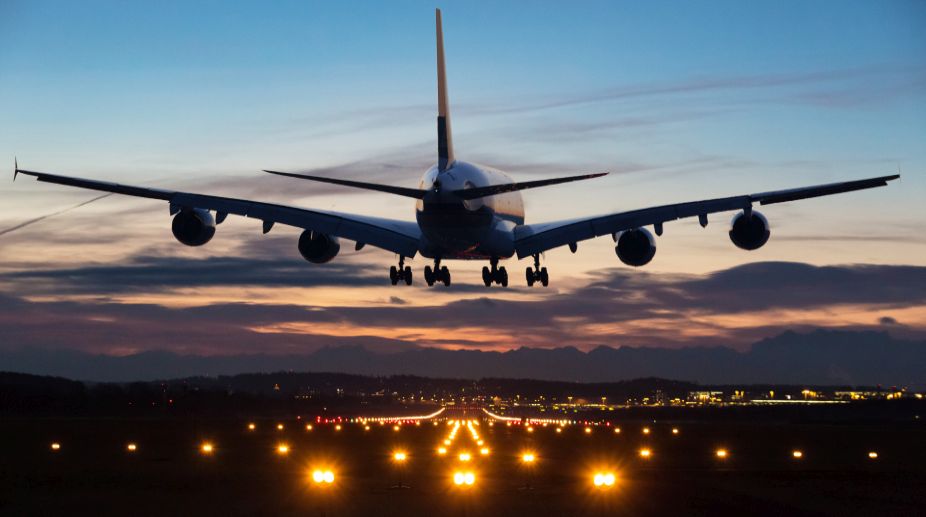Air travellers would endorse the revised regulations aimed at preventing the unruly from flying ~ few would have been “spared” the discomfort of having a boor in the cabin and would have wished that, as in a train, they could force him off at the next station.
After unsavoury incidents involving persons with perceived political clout, the DGCA has formulated an elaborate regulationsregime that provides for graded “grounding” of habitual offenders, as well as an appellate/redressal mechanism so that a “trim” is maintained.
Advertisement
The ministers for civil aviation need applause for coming good on a promise made when an “honourable” MP used his slipper to assault an airline staffer.
The outrage spread across the sector, but in the absence of an overarching framework no long-term action could be taken ~ and to public dismay parliamentary institutions did precious little to enforce a corrective.
Not surprisingly there was something of a repeat performance. Against that backdrop there is reason to appreciate not just the fresh rules, but the minister’s assertion that they would apply across the board. It needs to be noted that when a Shiv Sena MP misbehaved, the airline received much support from Ashok Gajapati Raju ~ alas other netas wavered.
However, it must also be recorded that incidents of other passengers misbehaving have also been reported, possibly they believe that their being well-heeled enough to afford air travel also entitles them to throw their weight around.
With moves toward popularising air travel taking off, and more centres coming on the map, there could be a quantum leap in traffic ~ and potentially more troublesome fliers.
What also merits some appreciation is the minister’s insistence that there is a major safety angle to unruliness in the air, a matter that was overlooked when some MPs objected to a “no-fly” order being clamped on one of their own: a few even contending that parliamentary “privilege” was being threatened by the offender having to take a train to the Capital to attend the session.
Hopefully, in his quiet way, the minister has taught his colleagues a lesson in good behaviour and enlightened them that they are expected to set an example. It does, however, “take two hands to clap” and the airlines personnel ~ not just those working for the creaking national carrier ~ have also to improve their behaviour.
Delays are announced only at the last-minute, the physically disabled (use any euphemism one may prefer) are not given adequate attention, and sometimes the cabin crew need a refresher course in customer relations.
The passenger may not always be right, but he does keep the airline in business. The short point is that this country is in need of a massive injection of courtesy in the public space.











